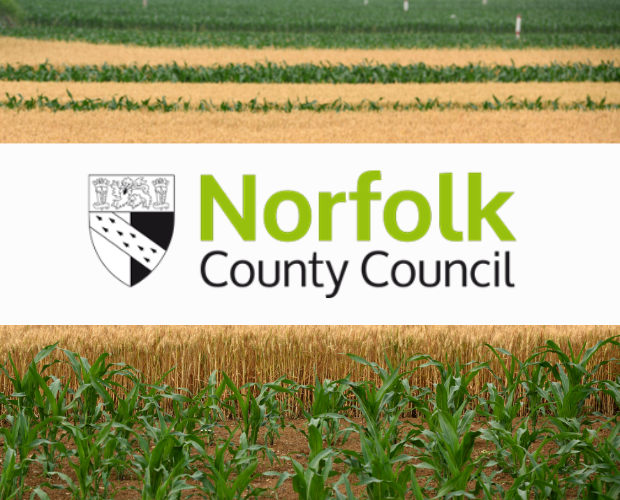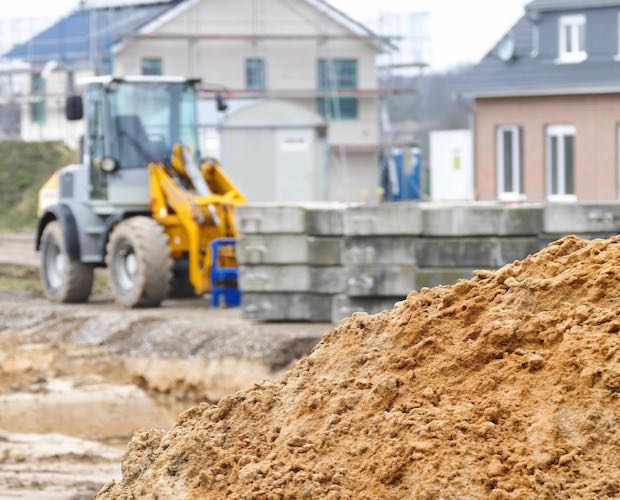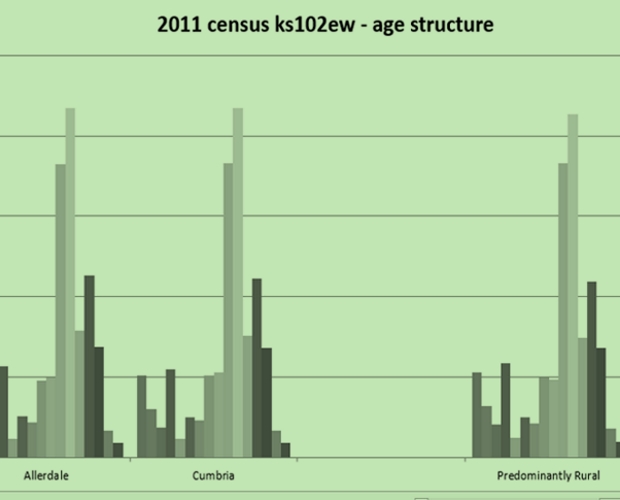T: 01822 851370 E: [email protected]
RSN Voices Serious Concerns Over ‘Fairness’ Of Settlement
Read here...
Agri-food’s omission from the list of growth-driving sectors in the Modern Industrial Strategy (MIS) could hamper future opportunities for clean energy and other key sectors, Norfolk County Council and partners have warned the Government. In a letter to the Minister...
Transport East are launching our first Rural Mobility Survey. This survey will reveal a wider picture of the connectivity challenges and opportunities in their region as well as understanding the baseline for transport in rural areas. All Town and Parish...
The Eastern Daily Press reports how new figures reveal the rapid expansion of 'Airbnb-next-the-Sea', as growing numbers of landlords on the Norfolk coast turn to the online portal to rent out their properties Campaigners fear the sharp rise is fuelling a housing crisis in...
Norfolk Live reports that work has got underway on a £9.7 million project to build 73 new affordable homes near Norwich The development will be delivered by United Living New Homes’ subsidiary, Partner Construction, on behalf of leading housing provider,...
Eastern Daily Press reports that a new report by the East of England Local Government Association (EELGA) has highlighted how Norfolk and Waveney is missing out when it comes to the government's 'levelling-up' drive - with just £92 allocated per...
A successful neighbourhood plan must be based on evidence and an understanding of the place they relate to. Communities need to gather a range of evidence and local knowledge before writing their plan. We have collated a selection of evidence,...
NEWSLETTER
Sign up to receive all our latest news and updates.
HOT TOPICS
Amid reduced public spending, fair resource allocation across regions is crucial. Despite a population larger than Greater London, rural areas receive significantly less funding for essential services, even though delivering these services in rural areas is more expensive.
Economic growth is widely acknowledged as essential for national wealth and prosperity and is a priority for political parties. Rural economies, employing millions and home to a higher proportion of small businesses, have potential for growth if barriers are removed.
Rural residents face distinct healthcare challenges, including limited access to transport, longer distances to medical facilities, an aging demographic, housing inadequacies, digital connectivity gaps, and difficulties recruiting health and care workers.
Rural communities are grappling with a severe affordable housing crisis, marked by high house prices, a lack of affordable housing, elevated living costs, and lower incomes, threatening their sustainability and vitality.
Transport is vital for the quality of life and economic health of rural areas, yet it faces challenges such as infrequent public bus services and less Government funding compared to urban regions.
Rural areas, encompassing a substantial portion of England's population and land, play a pivotal role in combating climate change and achieving the net zero target.
In an increasingly digital world, the lack of robust digital infrastructure in rural areas severely limits access to crucial services and stifles economic growth.
A future-focused vision for rural communities involves not just building the right homes in the right places but also ensuring thriving, sustainable communities.
SIGN UP TO OUR NEWSLETTER
Sign up to our newsletter to receive all the latest news and updates.









